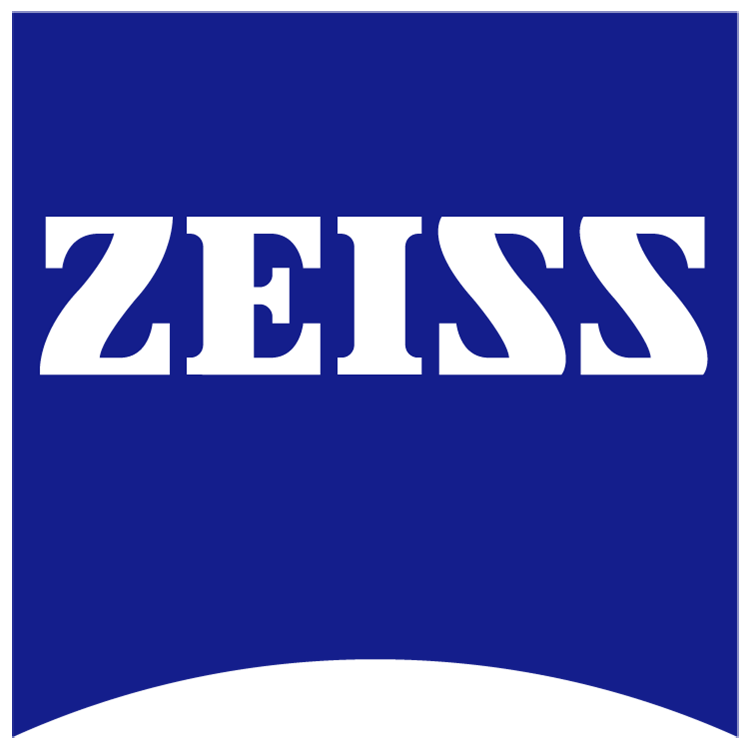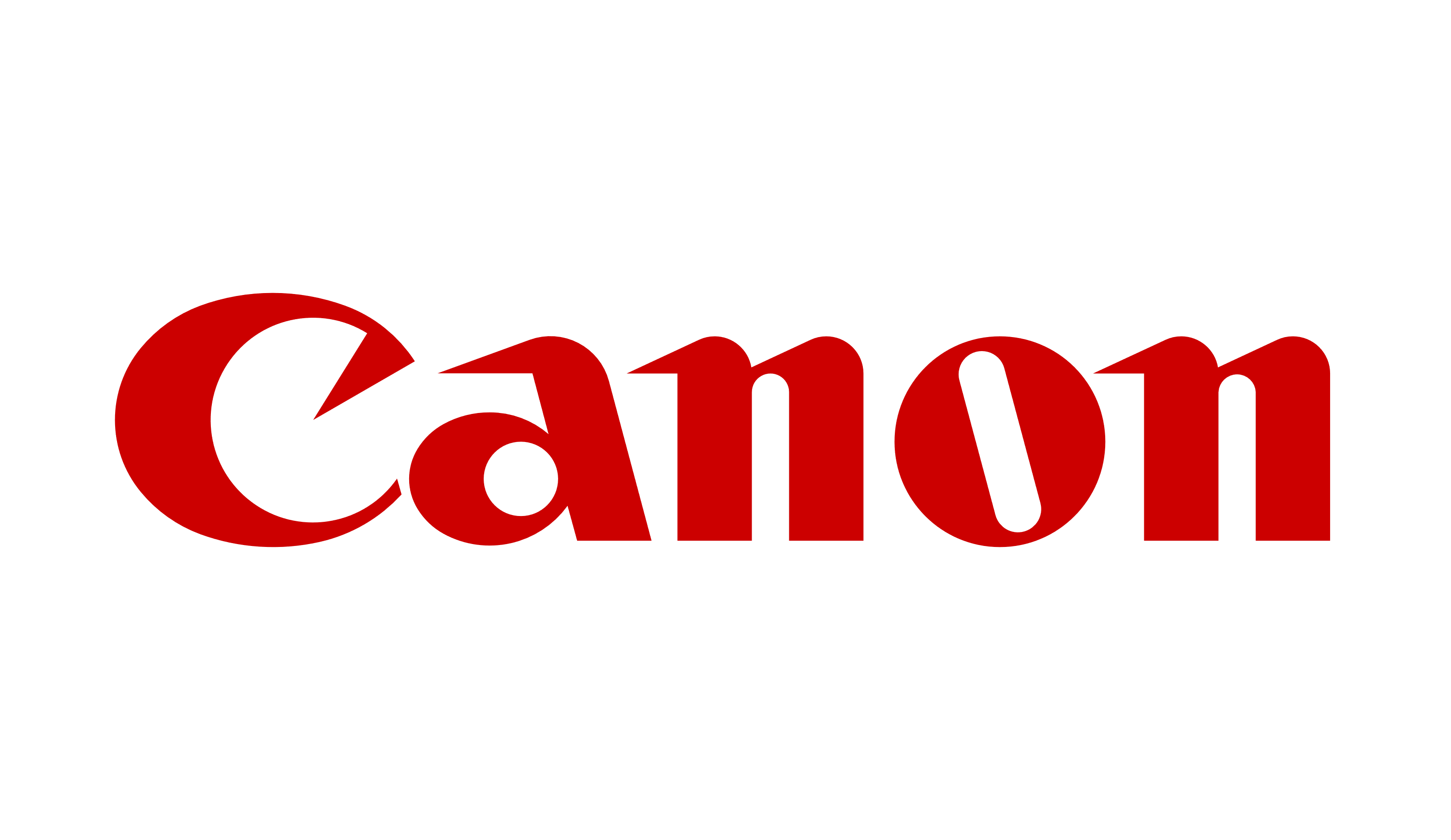Speaker
Description
The demand for additive manufacturing is on the rise in the optical industry. Notably, 3D printing provides solutions to most limitations inevitable for conventional processes. 3D printing offers novel design and fabrication of complex geometries rapidly and cost-effectively. Here, we demonstrate the fabrication of functionalized optical device (4D Fresnel lens) for the first time using a computer-aided design for 3D printing based on the digital light process (DLP) technique. The fourth dimension is introduced by adding the thermochromic pigment powders (blue, green, and red) to a transparent resin that utilizes spectral color response to variation in temperature as an external stimulus. The thermally active powder added two functionalities: selective color filtering at room temperature and thermal sensing (25° C to 32° C) to Fresnel lenses. The printed lenses were assessed for light focusing performance and thermal sensing using homemade experimental setups. Contact angle measurements revealed the hydrophilic nature of lens material, while XRD confirmed no other phase formation during photopolymerization. The surface topography of lenses was investigated using scanning electron microscopy (SEM) and atomic force microscopy (AFM) characterizations that confirmed the surface integrity of our printing process (often used for lenses (λ/4 to λ/10). As a potential alternative to traditional Fresnel lenses, 3D printing offers custom-built optical devices with optimized materials for optical sensing applications.
| Participation | Online |
|---|---|
| Country | United Arab Emirates |
| MDPI Energies Student Poster Award | No, do not submit my presenation for the student posters award. |
| Time Block Preference | Time Block B (14:00-17:00 CET) |
| Acceptance of the Terms & Conditions | Click here to agree |









